Alexandre Logé’s Whimsical Creations
The acclaimed French designer finds inspiration in tribal art forms and modern sculptors

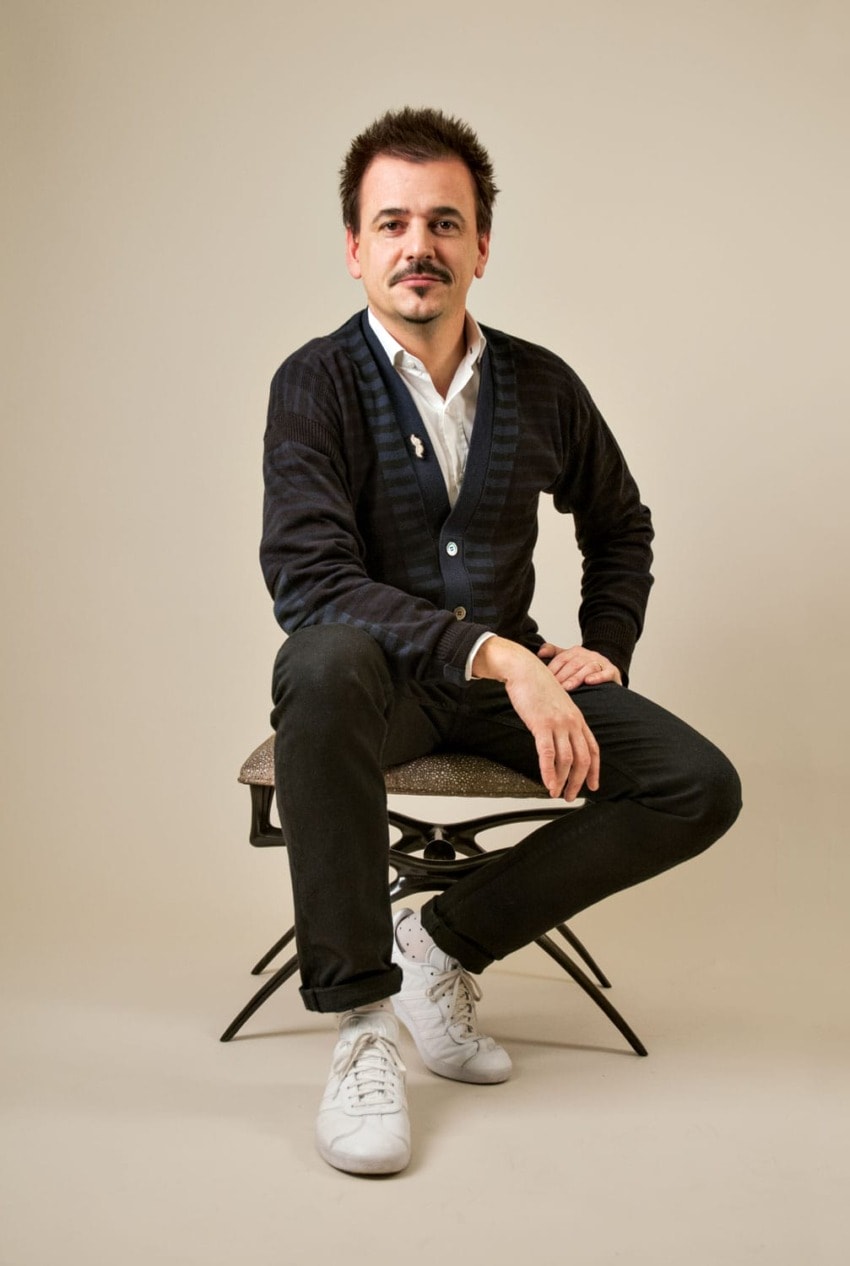
Back when Alexandre Logé was an art student, living with his parents outside Paris and commuting to the Sorbonne, he took a minor but life-altering job assisting a dealer in the sprawling Saint-Ouen flea market. It was there that Logé first encountered traditional African art—“a revelation,” he says, that continues to inspire his work as a designer today. (He has also become a serious collector.) Later on, he was tasked with making molds and prototypes in plaster and bronze in his boss’s studio, and soon he was experimenting with pieces of his own. “My parents lent me a corner of their garage,” Logé recalls, “and using some scrap metal and potter’s clay, I made my first object.”
That object was his Triade table lamp, whose smoothly sculpted base with voluptuous branches is cast in a dark patinated bronze reminiscent of some African statuary. The lamp remains one of Logé’s signature designs, along with his Atlante bench—its graceful lines evocative of works by the early-20th-century master Jean-Michel Frank, another important influence—and an array of hand-molded plaster light fixtures that occasionally call to mind the creations of Diego Giacometti. Logé likes to give his lights names that reflect their often whimsical forms: His Magritte features a cloud illusionistically suspended inside hoops, for instance, while Bones is an abstracted drumstick running through vertebra-like rings. “I do a lot of things that look like bones,” Logé says. “I like the organic shapes, which are very close to us. They are also a bit like the sculptures of Henry Moore and Barbara Hepworth, whom I admire a lot.”
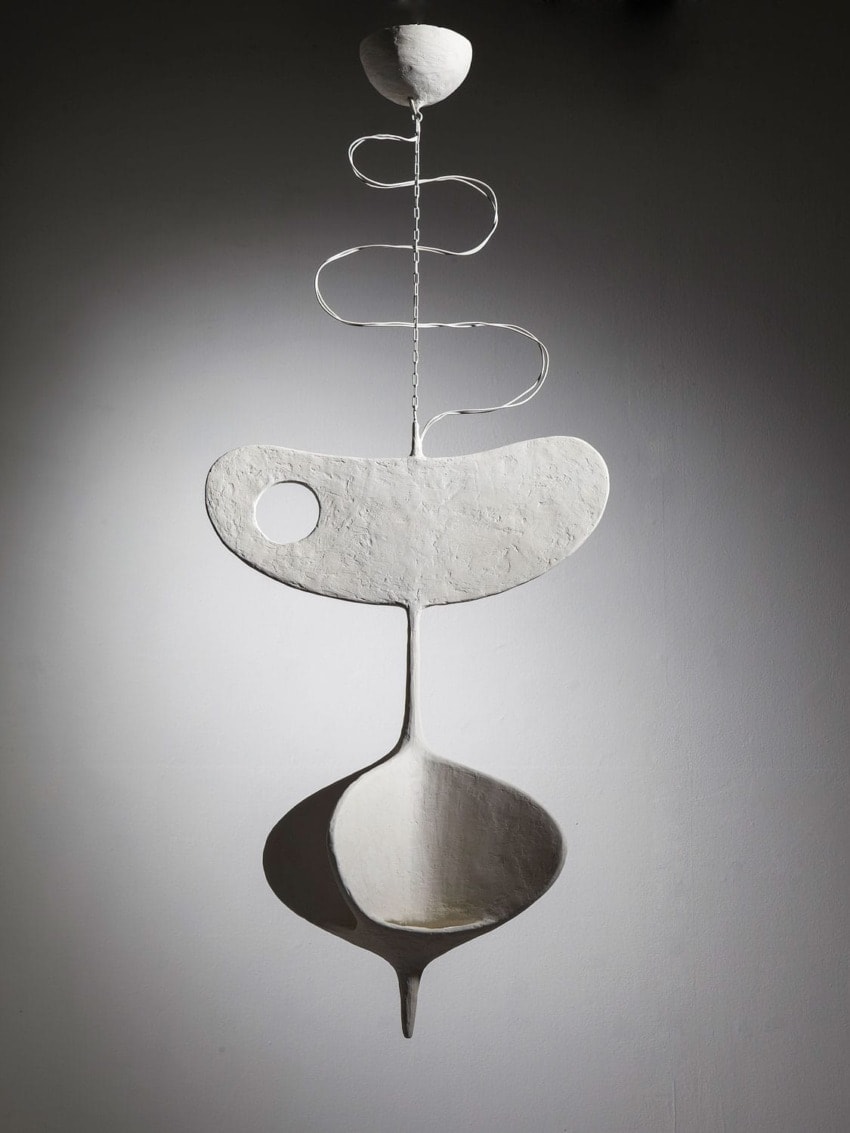
After setting up his own business in 2005, Logé became a darling of interior decorators in the U.S. and Europe. His work is sold through dealers Paul Donzella in New York and Alexandre Biaggi in Paris, and he is also highly sought after for special commissions. One recent custom piece, a hanging fixture in brass and plaster for a Miami client, consists of an openwork cube surrounding a hollow alabaster sphere that contains a bulb. When turned on, “it looks like a moon,” explains Logé, who, in characteristically understated fashion, calls it, simply, “a beautiful object.” alexandreloge.com
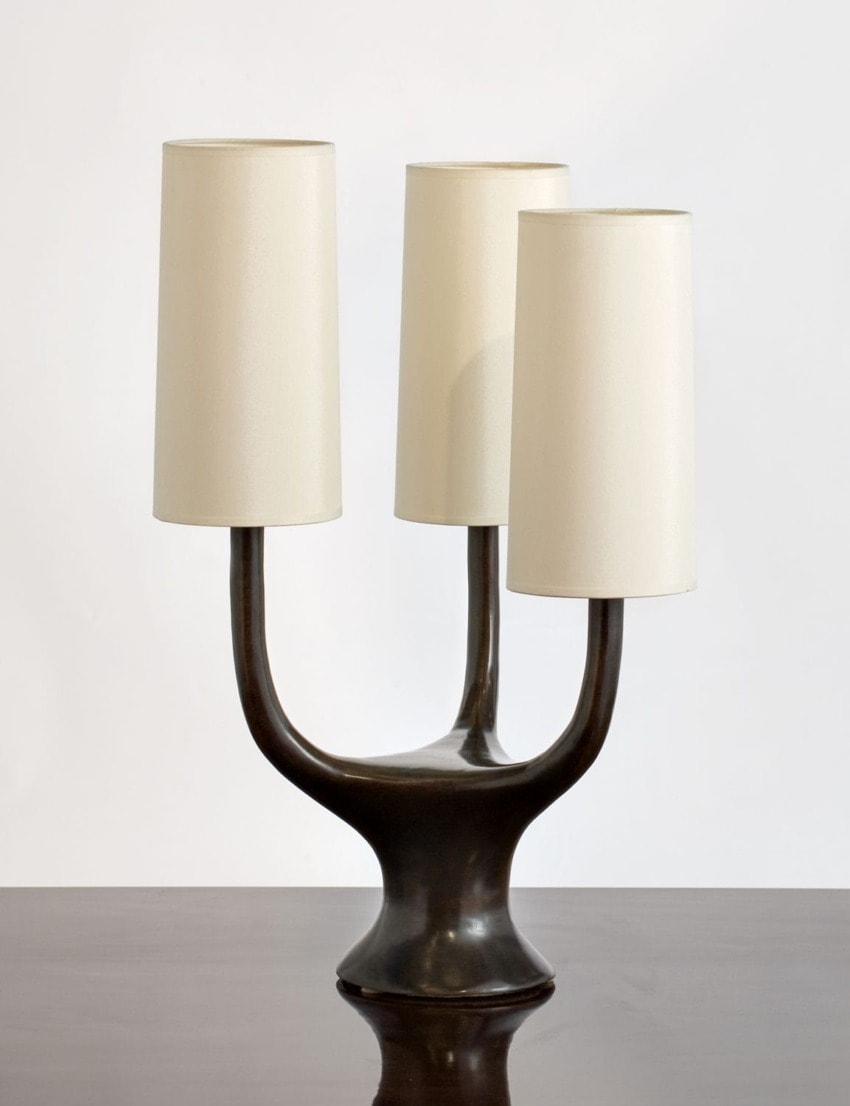
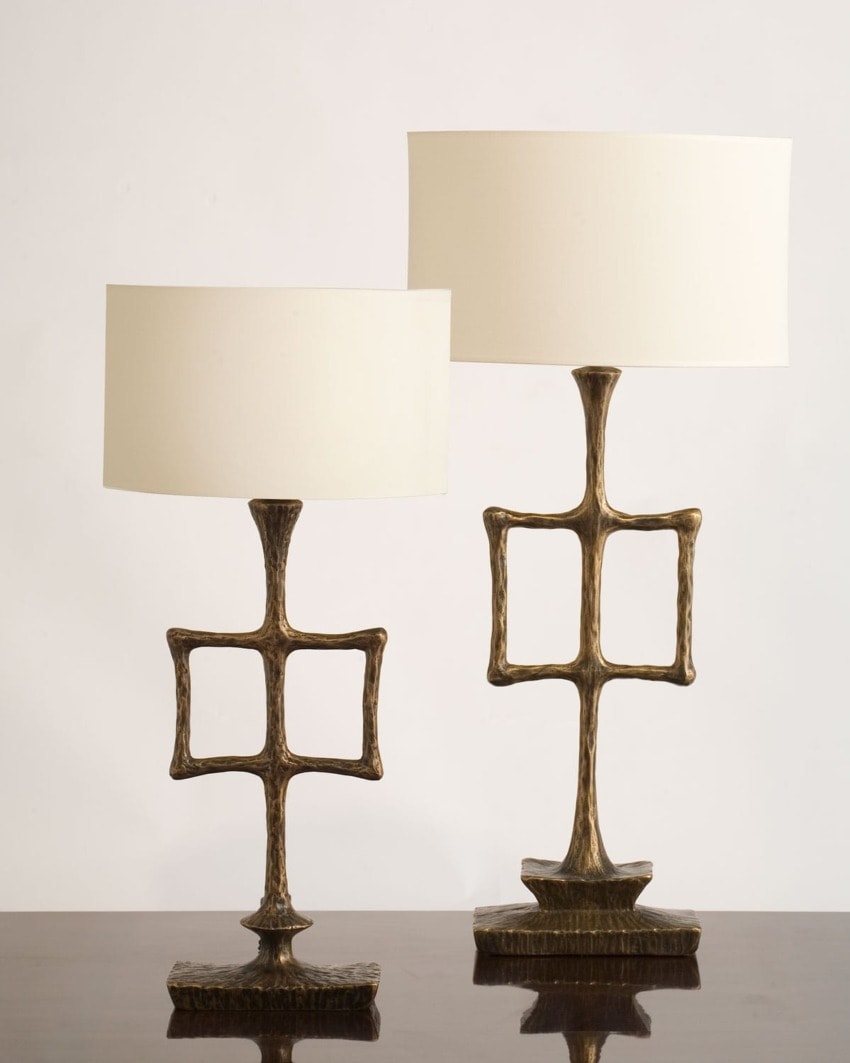
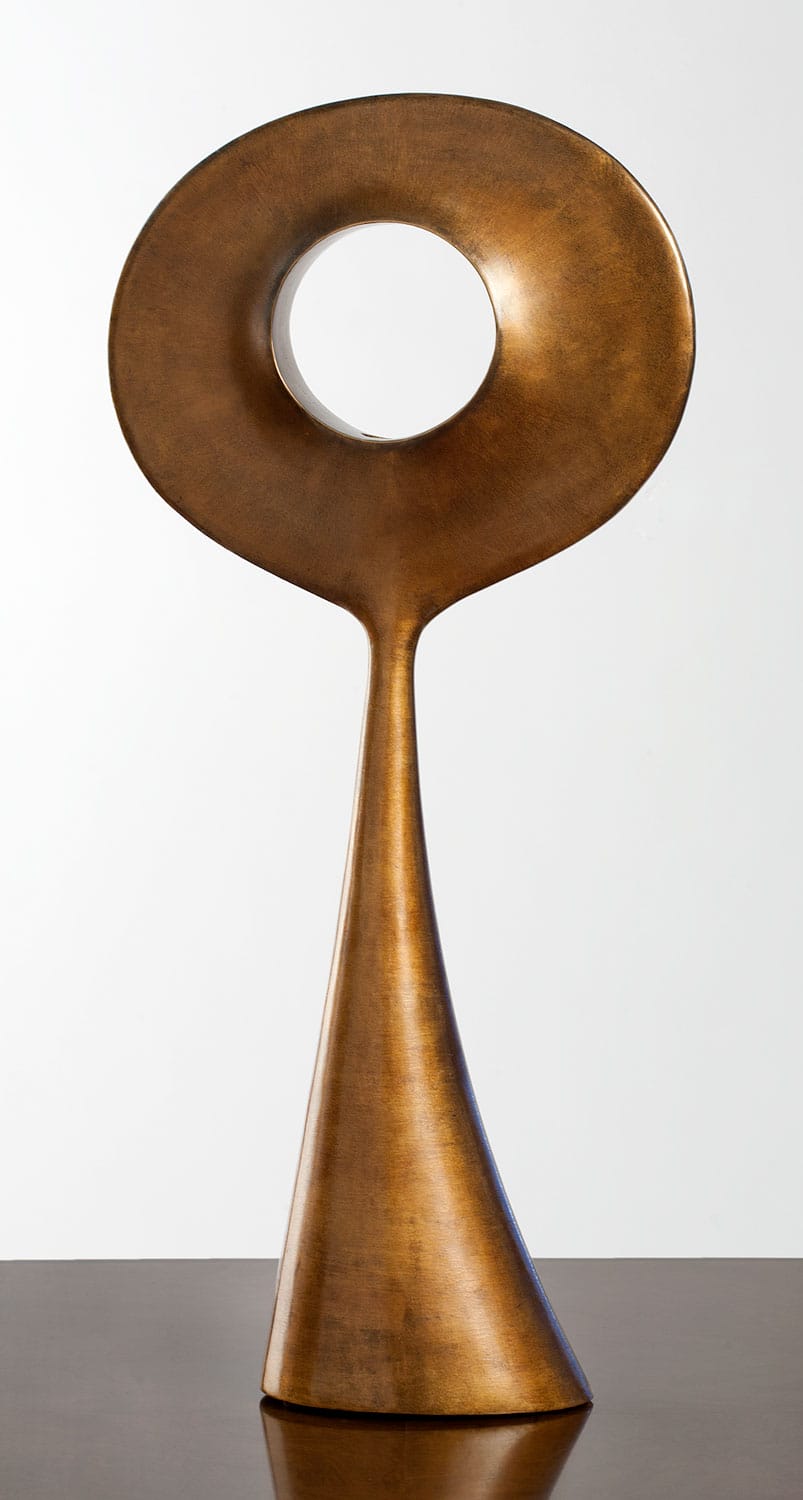
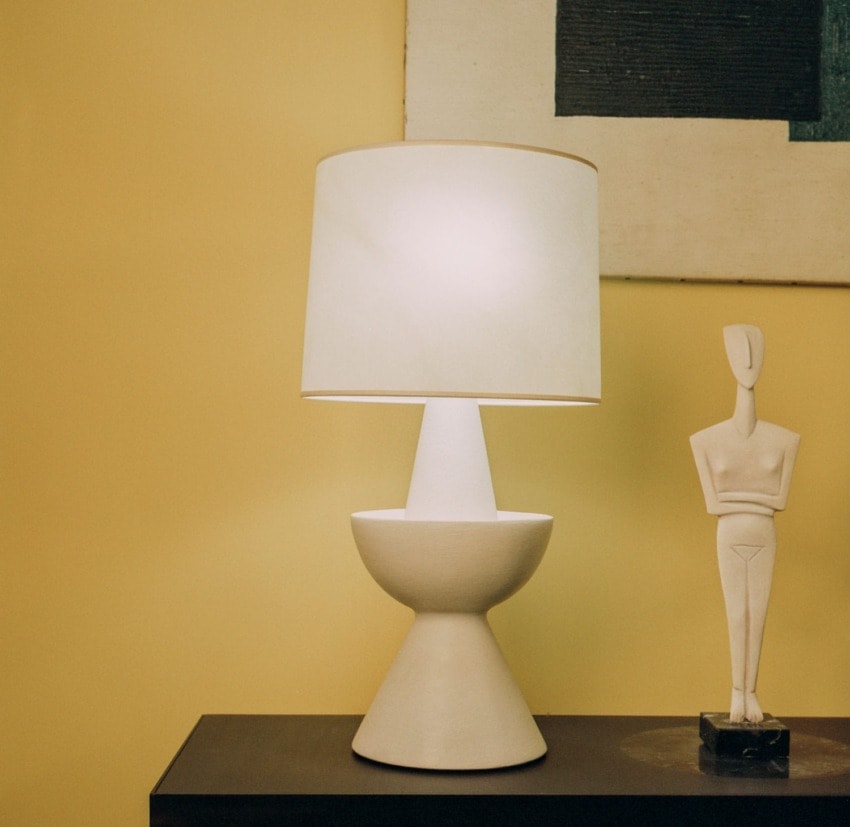
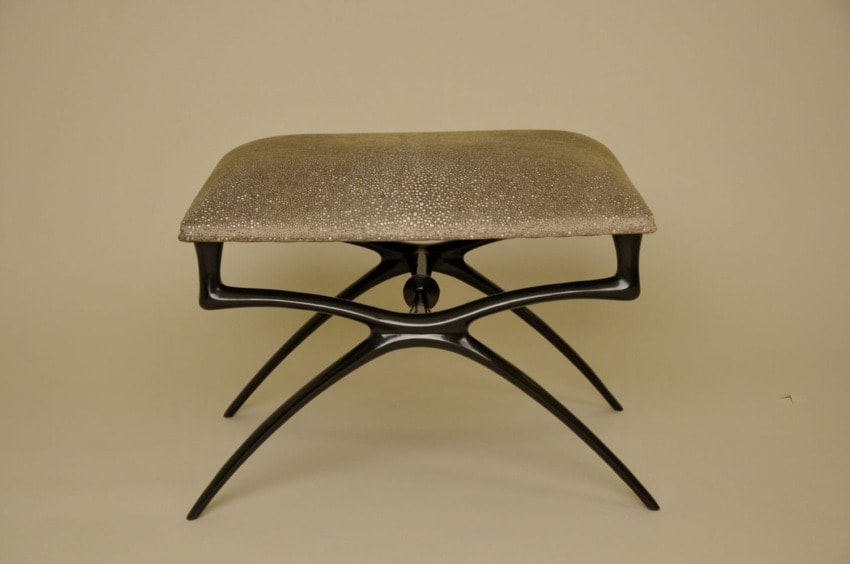
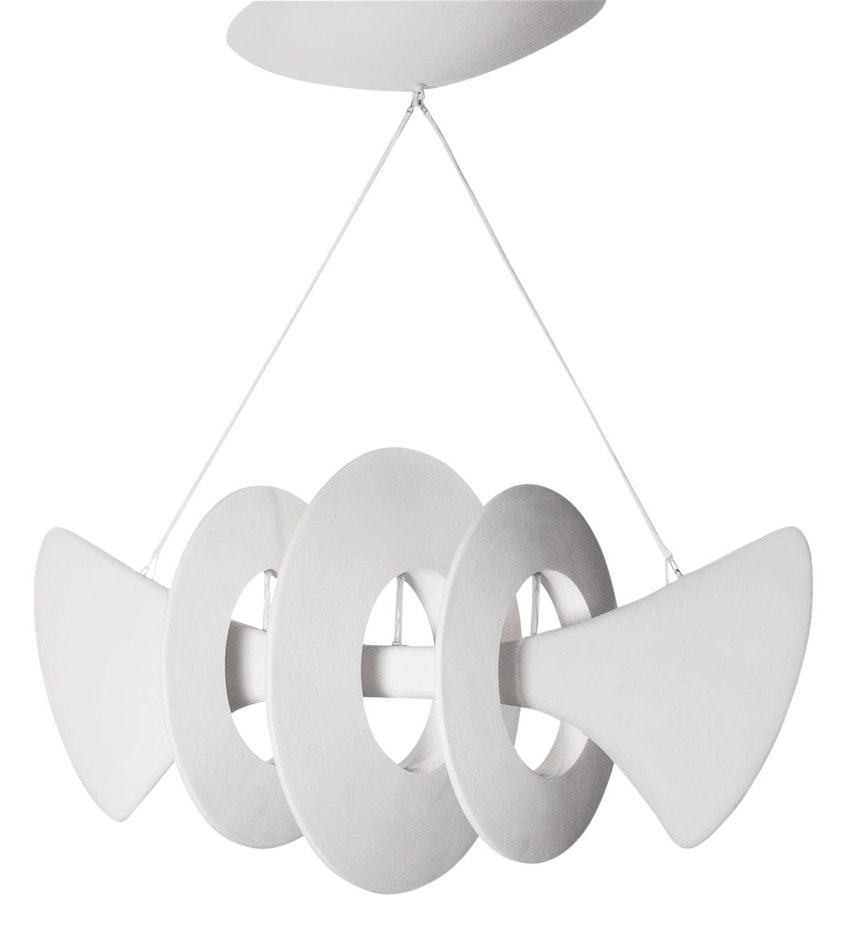
SaveSave